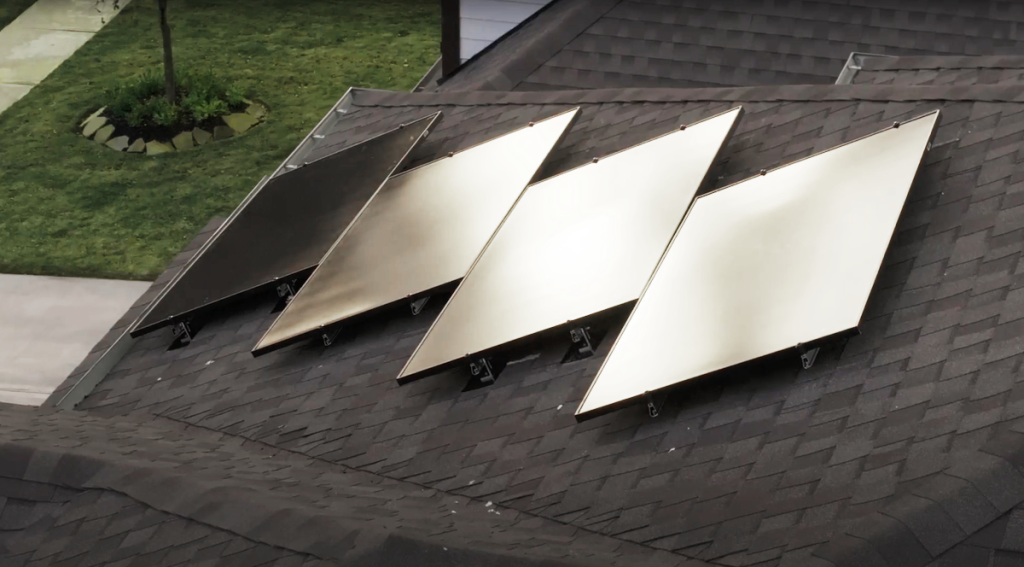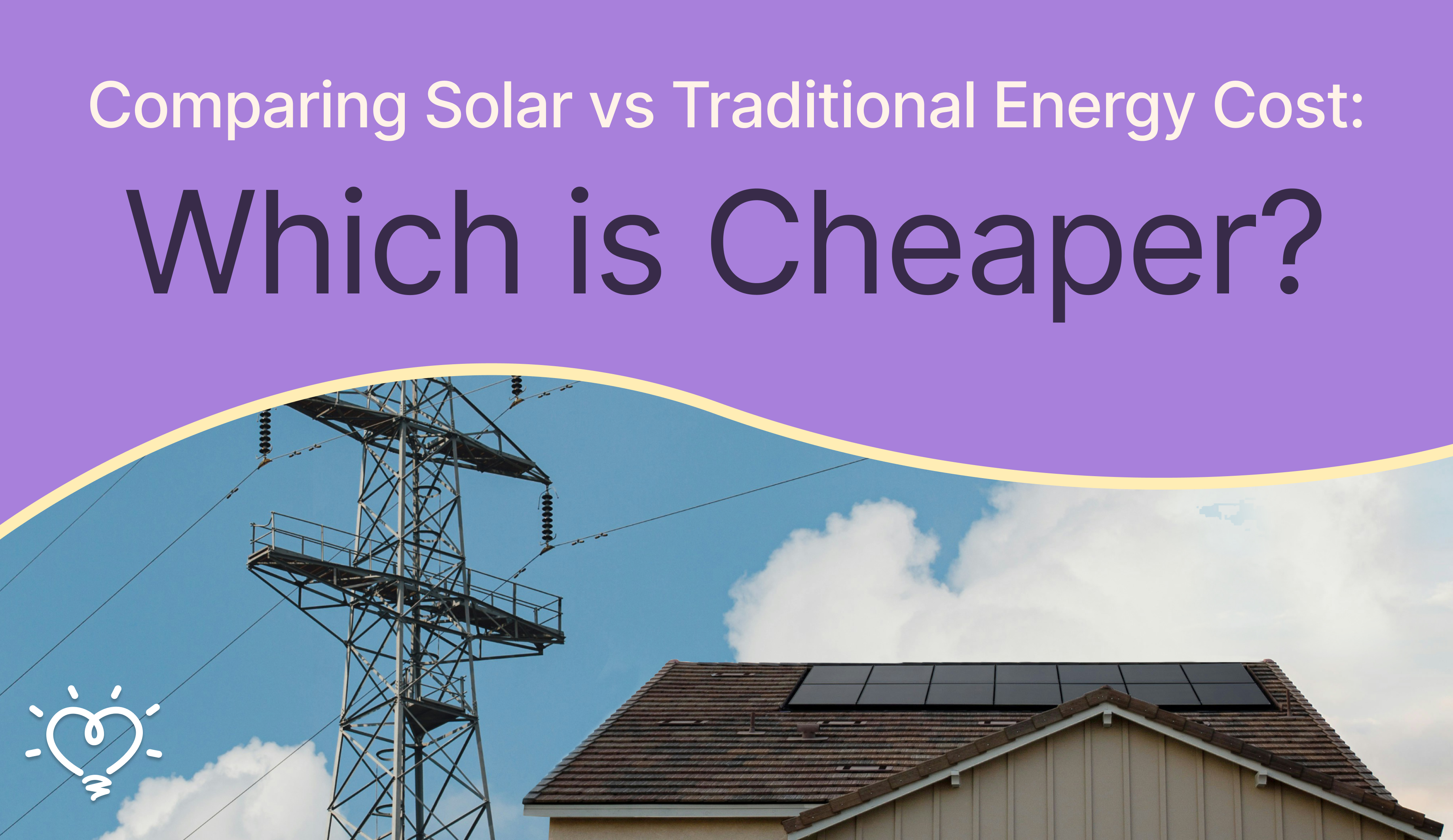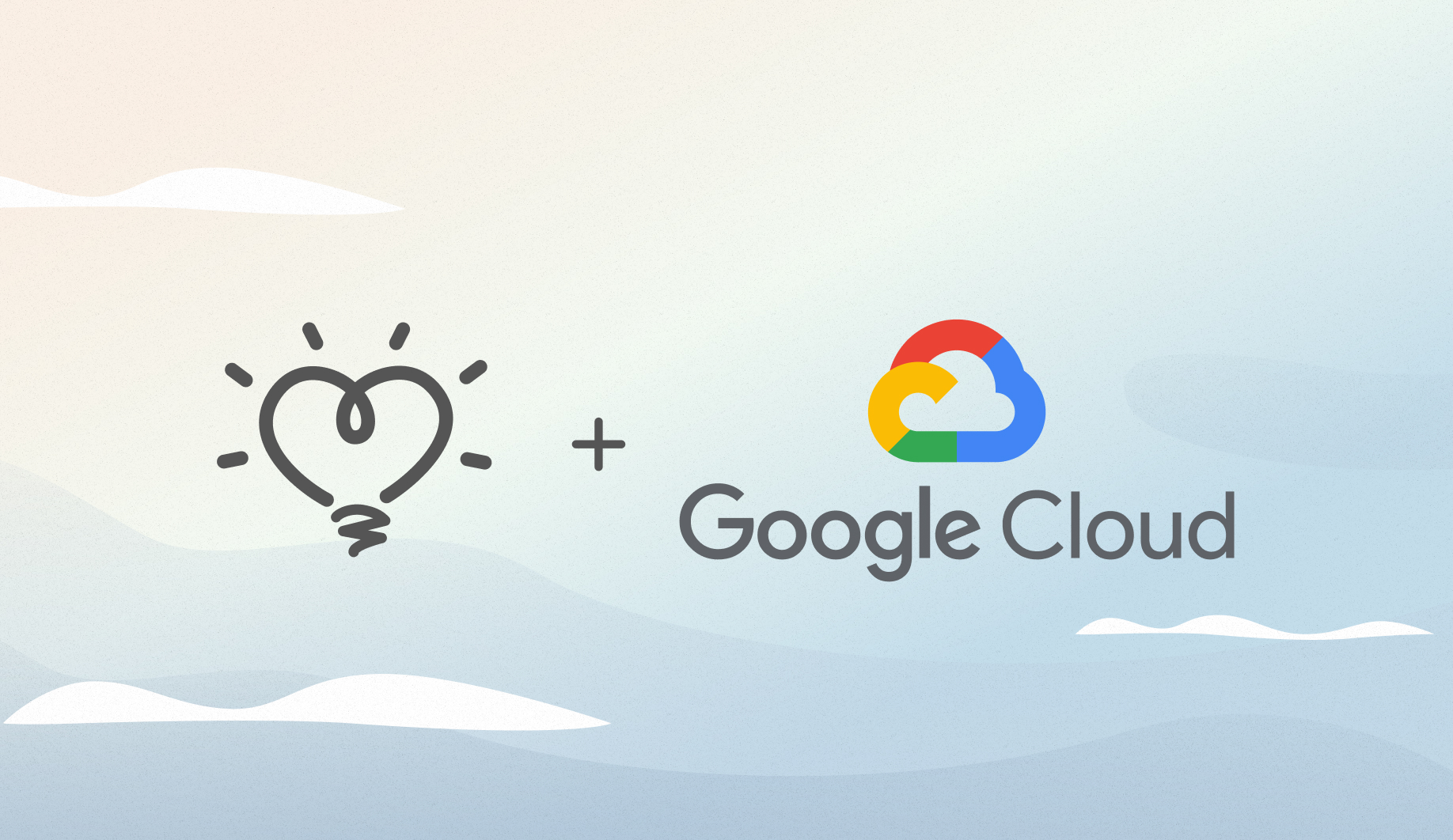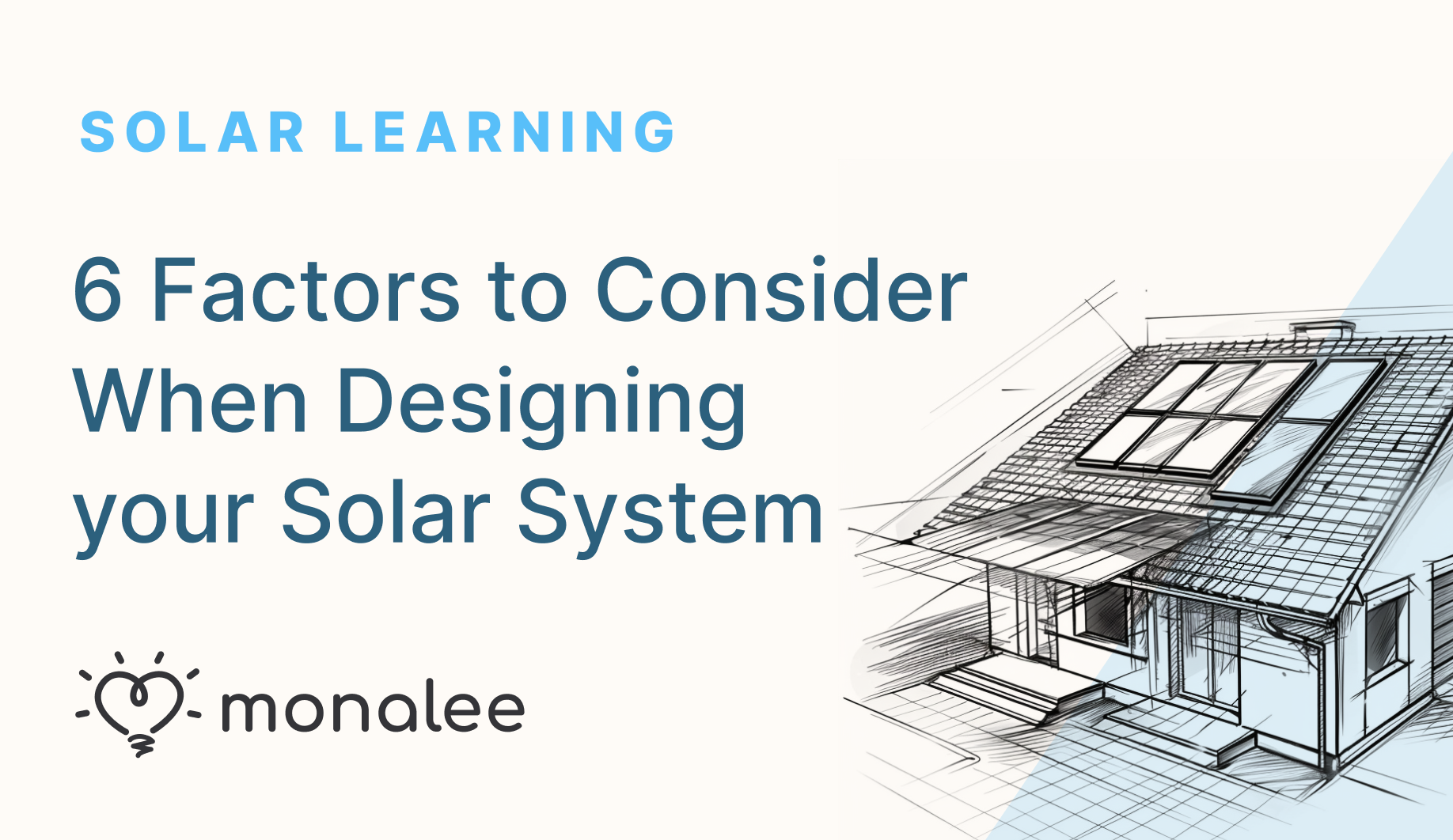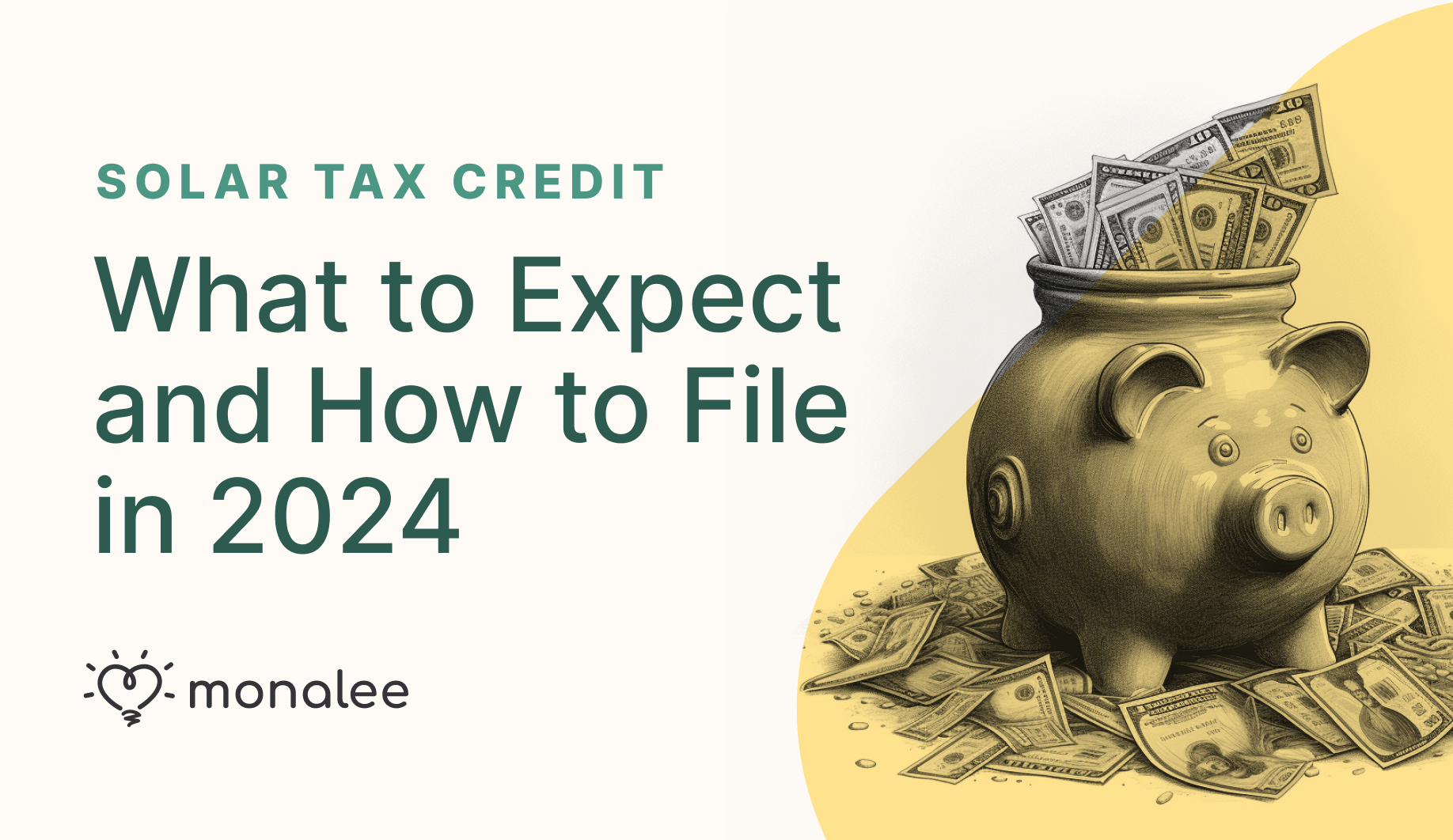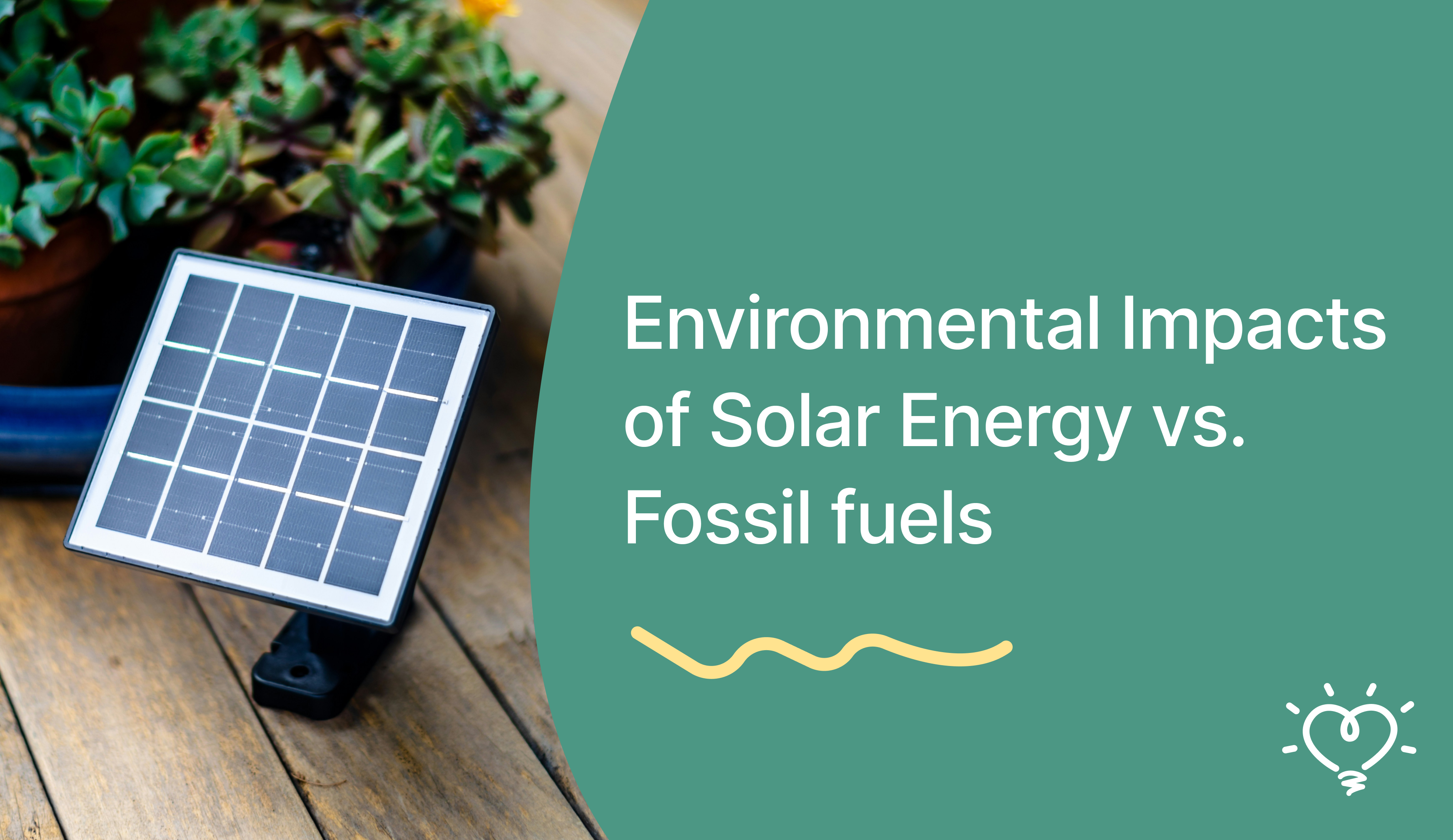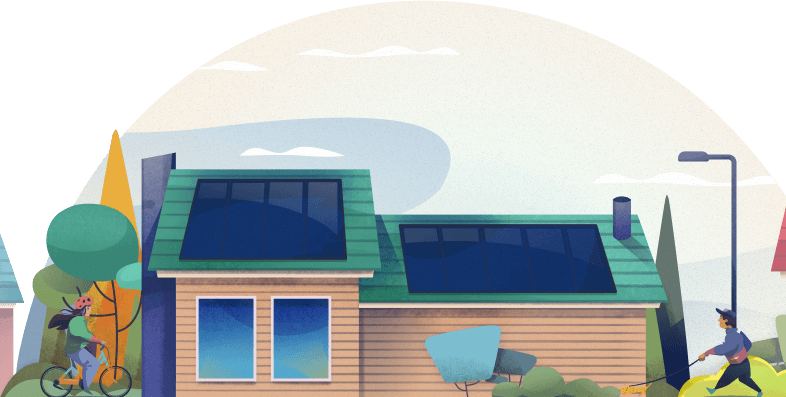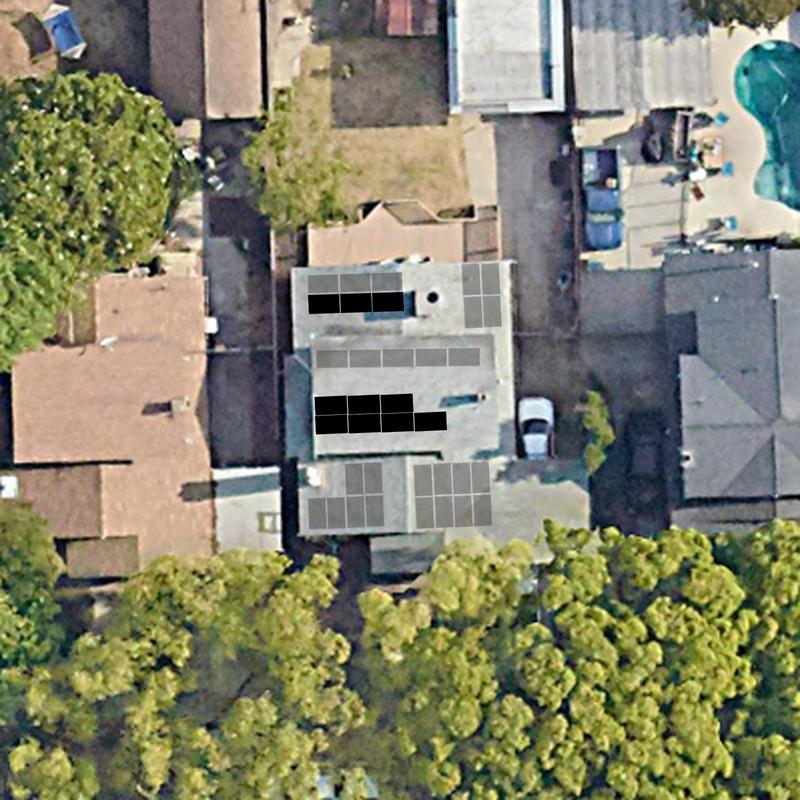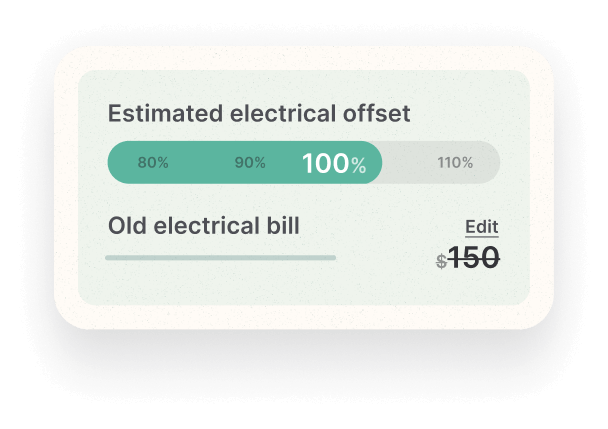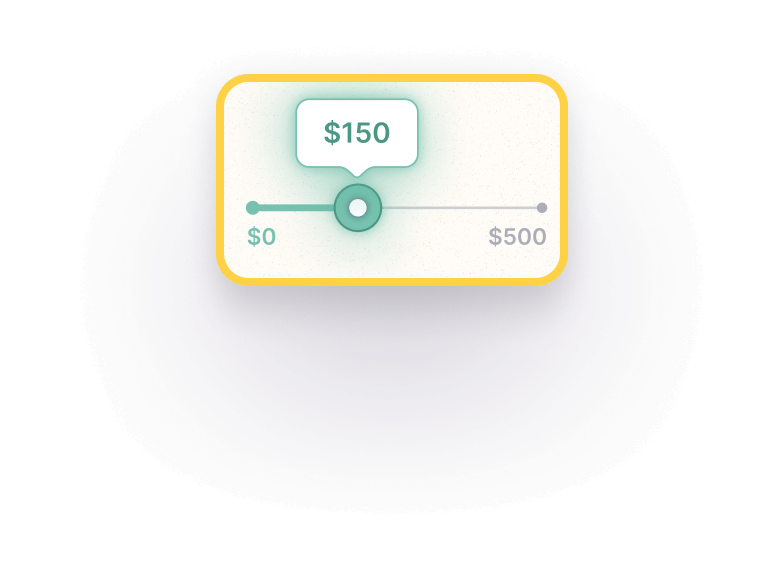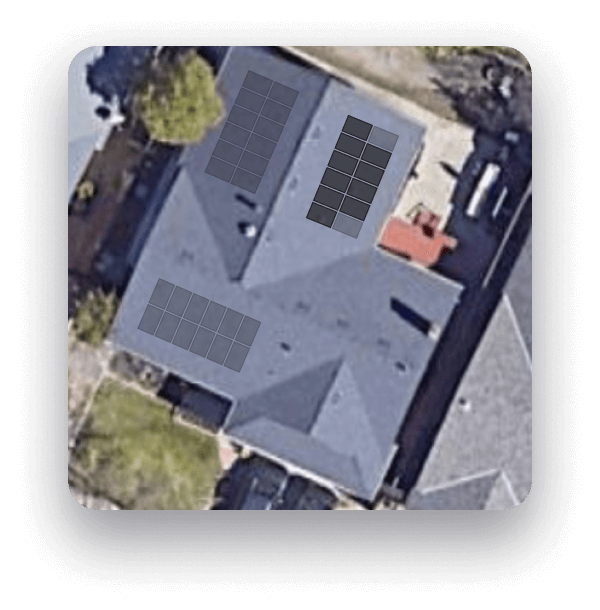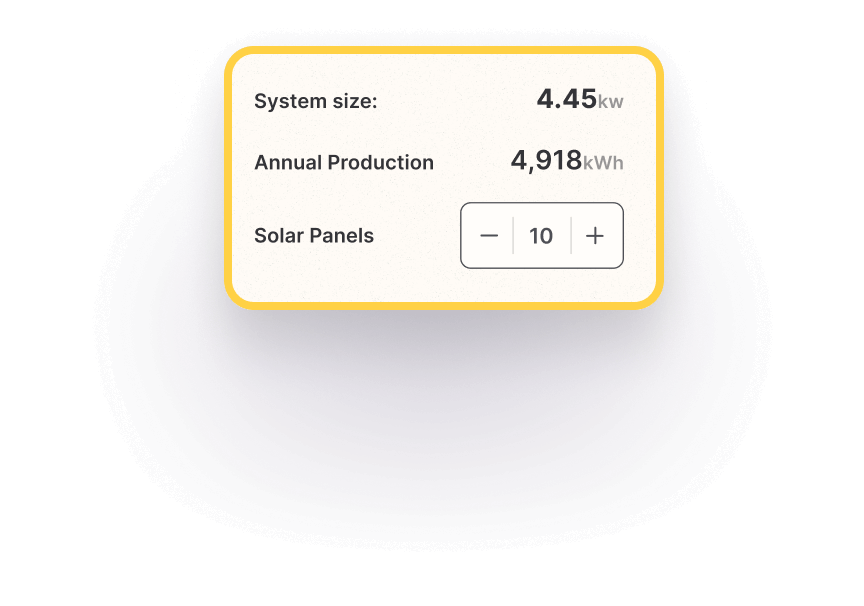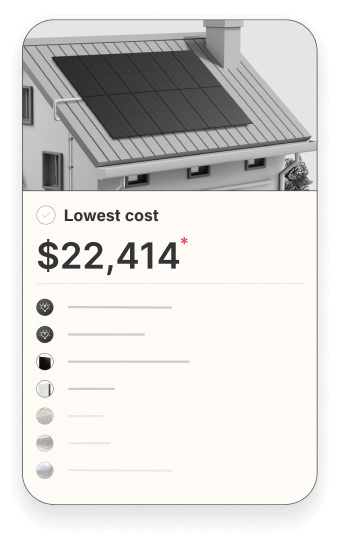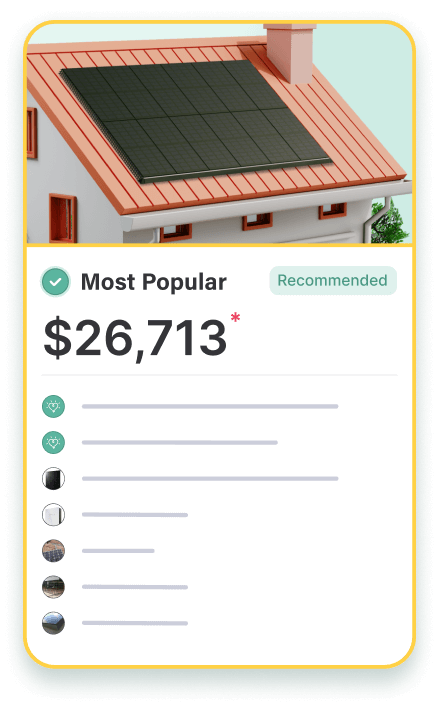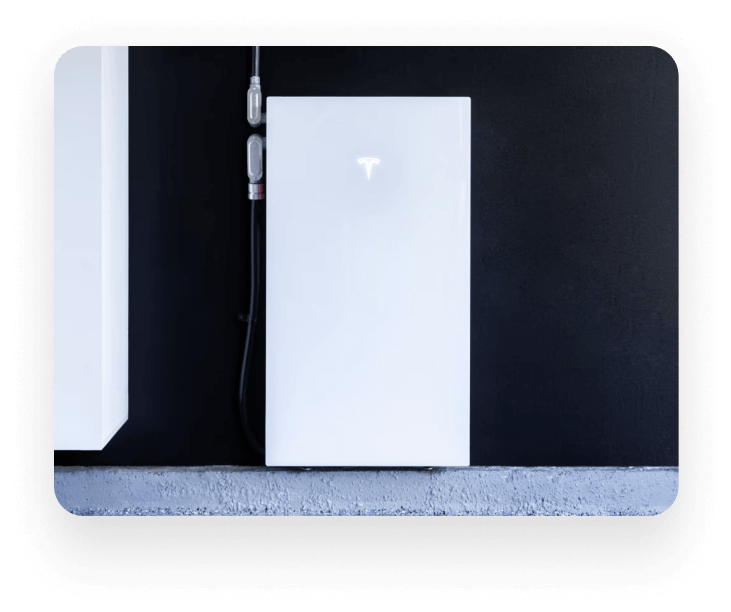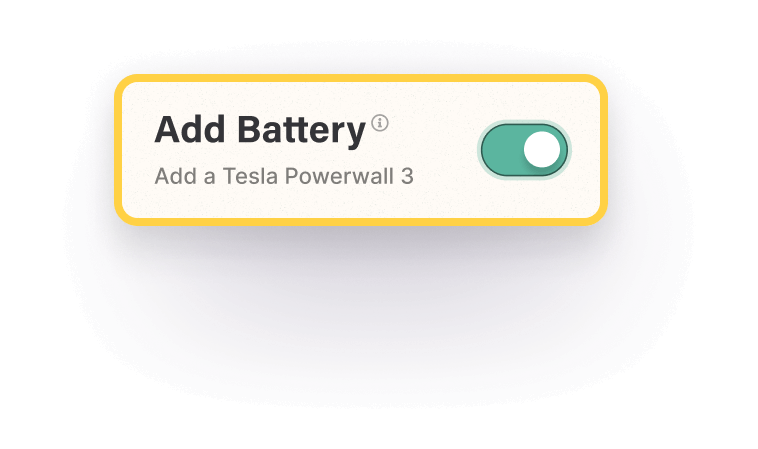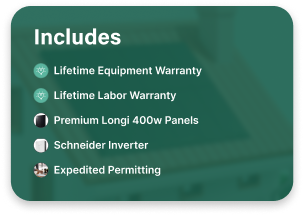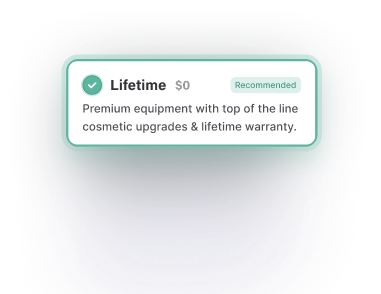To help homeowners make an informed decision, here's a guide outlining solar vs. traditional energy.
In 2024, the conversation about the cost-effectiveness of solar energy versus traditional fossil fuels is reaching a high point.
From homeowners looking to gain independence from traditional power grids to those wanting to reduce reliance on fossil fuels to the planet’s detriment, there has never been a better time to consider renewable energy and solar panels.
At Monalee, it’s our mission to make solar energy efficient and accessible to homeowners wanting to make a difference in their environmental impact.
To help homeowners make an informed decision, we’ve created a guide that outlines the differences between solar and traditional energy, explores their respective benefits and disadvantages, and provides insights into why solar energy is becoming an increasingly viable and attractive option.

Understanding Traditional Energy
Traditional energy sources primarily include fossil fuels such as coal, oil, and natural gas. These fuels are extracted from the earth and burned to produce energy. While they have powered industrial development for centuries, their operation involves several steps:
- Extraction: Mining or drilling for coal, oil, and natural gas.
- Transportation: Moving these fuels to power plants.
- Combustion: Burning the fuels to generate electricity.
- Waste Management: Handling by-products and emissions.

Understanding Solar Energy
Solar energy harnesses the sun’s power using photovoltaic (PV) panels, which convert sunlight directly into electricity. The process is pretty straightforward:
- Installation: Solar panels are installed on rooftops.
- Energy Conversion: Panels convert sunlight into direct current (DC) electricity.
- Inversion: An inverter converts DC electricity to alternating current (AC) for home use.
- Utilization/Storage: Electricity is used immediately or stored in batteries for later use.
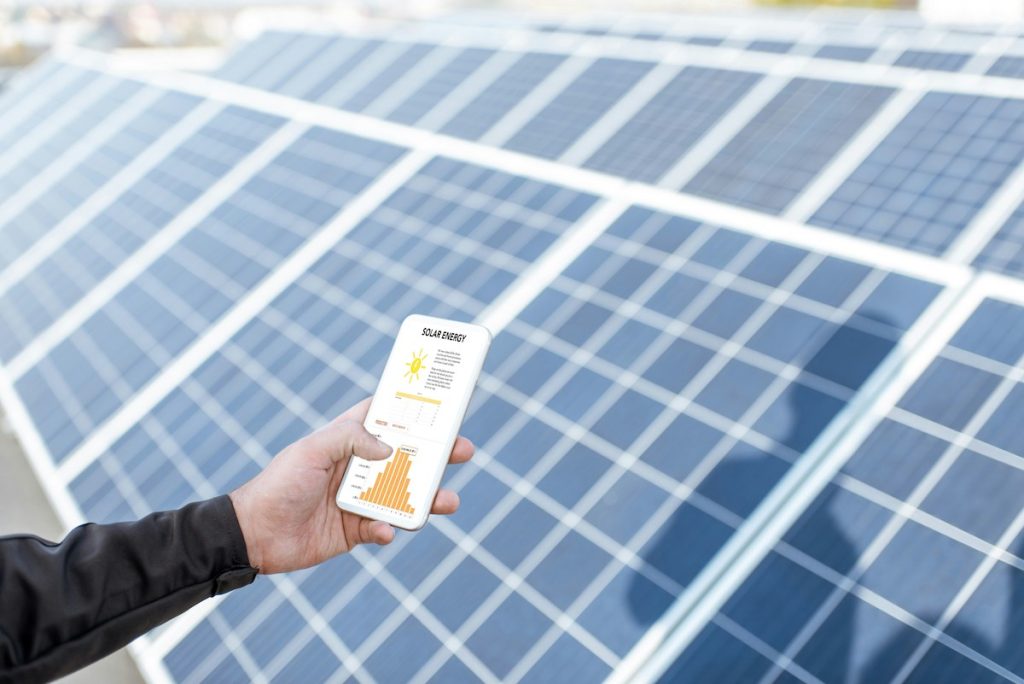
Short-Term and Long-Term Cost Comparison
Examining each’s short-term and long-term financial implications is important to fully understand the cost differences between solar and traditional energy sources. Here, we’ll explore traditional fossil fuels’ immediate benefits and drawbacks alongside solar energy’s challenges and advantages.
This comparative analysis will explain why, despite those initial costs, solar energy offers significant long-term savings and environmental benefits.
Traditional Energy Costs
Short-Term Benefits:
- Established Infrastructure: Extensive infrastructure means immediate availability and reliability.
- Subsidies: Government subsidies often lower costs for consumers.
Long-Term Disadvantages:
- Price Volatility: Fossil fuel prices are subject to market fluctuations, geopolitical or regional tensions, and resource scarcity.
- Environmental Costs: Long-term environmental damage from greenhouse gas emissions, air pollution, and habitat destruction leads to health costs and expenses related to mitigating the impacts of climate change.
- Resource Depletion: Fossil fuels are finite, and their extraction becomes more challenging and costly as reserves get depleted.

Solar Energy Costs
Short-Term Disadvantages:
- Initial Investment: Higher upfront costs for purchasing and installing solar panels.
- Weather Dependence: Weather conditions and time of day can affect solar energy production.
Long-Term Benefits:
- Cost Savings: Once installed, solar panels provide free energy from the sun, leading to significant savings on electricity bills.
- Stability and Predictability: Solar energy prices are not subject to market volatility, offering stable and predictable energy costs.
- Tax Benefits: Various tax incentives and rebates can significantly reduce the initial investment. For example, the Federal Investment Tax Credit (ITC) allows homeowners to deduct a substantial percentage of their solar installation costs from their federal taxes.
- Increased Home Value: Homes equipped with solar panels typically see an increase in property value, making it a smart long-term investment.
- Environmental Impact: Solar energy production is clean and renewable, drastically reducing greenhouse gas emissions and dependence on finite resources. This positive environmental impact translates into societal benefits like improved air quality and reduced health care costs.
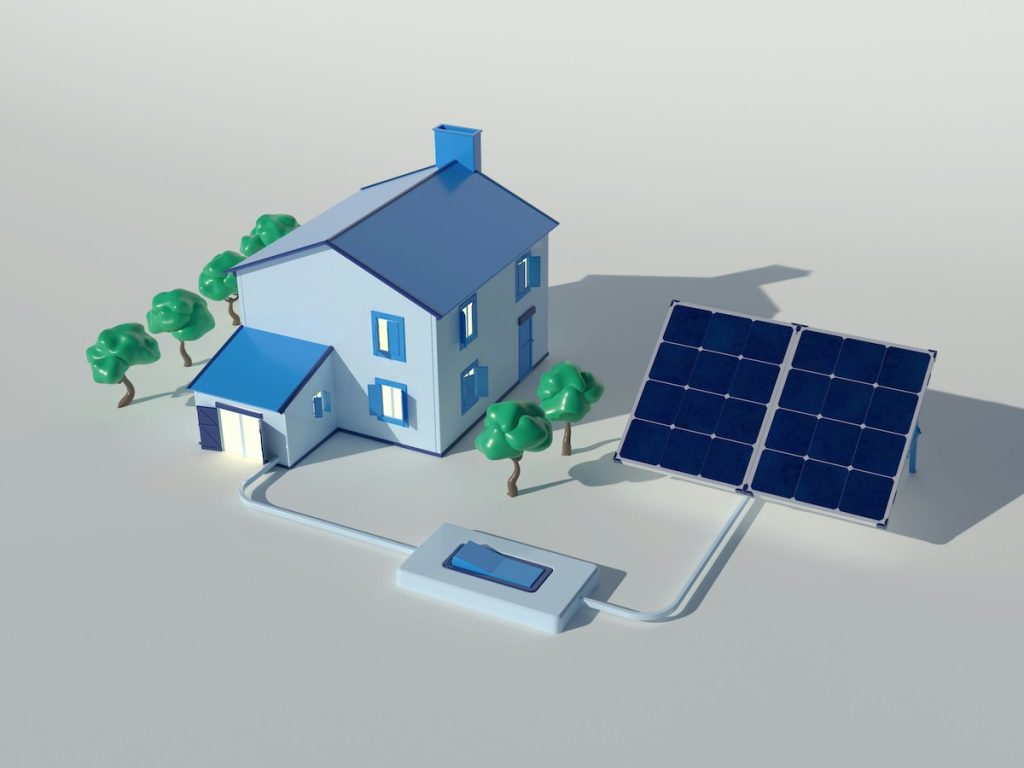
Why Go Solar in 2024?
In 2024 and beyond, several important factors make solar energy an attractive option:
- Decreasing Costs: Advances in solar technology and increased competition have driven down the cost of solar panels and installation. Monalee is committed to lowering these costs even further, reducing the barrier of entry for homeowners.
- Innovative Financing Options: With more financing options available, including solar loans and power purchase agreements (PPAs), the upfront cost of solar installation can be mitigated, making solar energy accessible to a broader audience.
- Policy Support: Continued support from federal and state governments in the form of tax credits, rebates, and other incentives encourages the adoption of solar energy.
- Energy Independence: Solar energy allows homeowners to generate their own electricity, reducing dependence on the grid and protecting against rising energy costs.
- Sustainability Goals: As more individuals and businesses commit to reducing their carbon footprint, solar energy provides a viable path to achieving sustainability goals.

Monalee is dedicated to making solar energy affordable and accessible. By lowering the price of solar installations and providing flexible financing options, we help more people transition to a sustainable and cost-effective energy solution.
Making solar energy more attainable leads to a greener future while helping homeowners save money and increase the value of their homes.
Compared with traditional fossil fuels, solar energy offers clear long-term benefits that outweigh the short-term disadvantages. While fossil fuels may seem cheaper initially, their environmental and economic costs are substantial and escalating. Solar energy, on the other hand, offers stability, sustainability, and significant financial benefits over time.
As we move further into 2024, the case for solar energy becomes increasingly appealing, making it the smarter choice for those looking to invest in a cleaner, more sustainable future.
